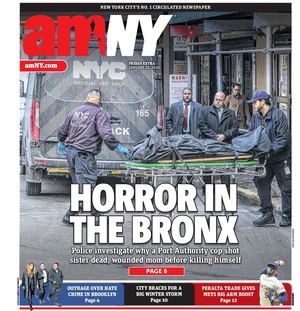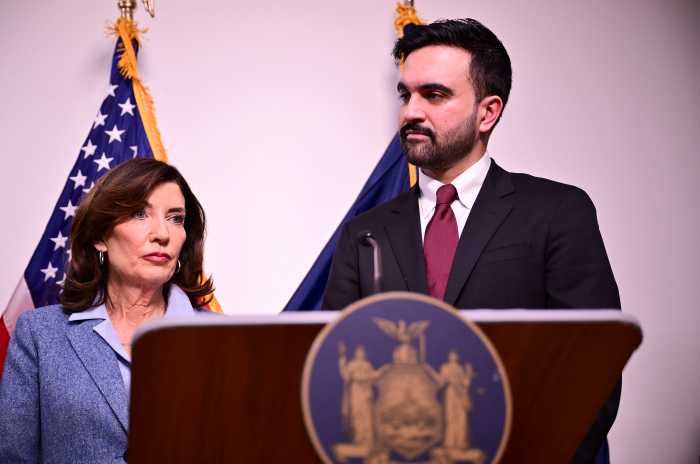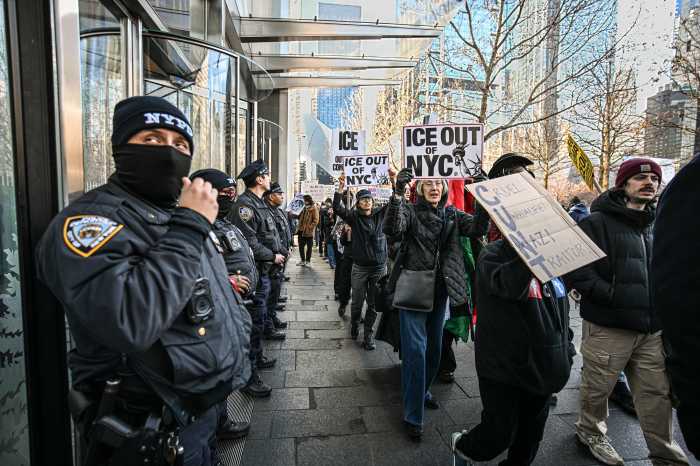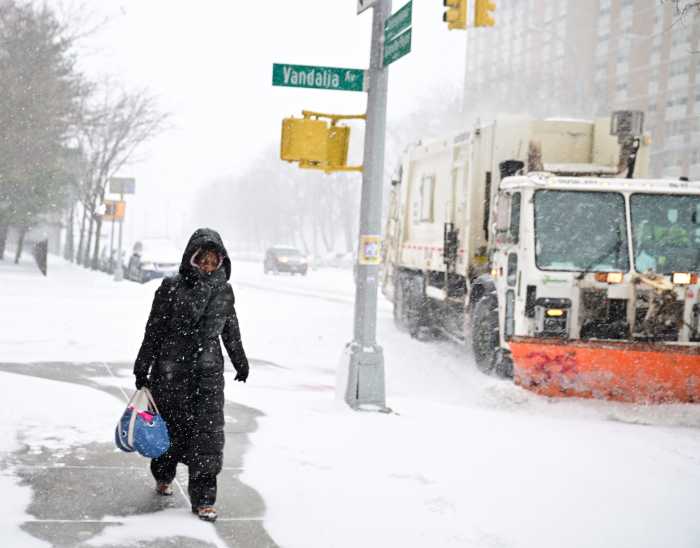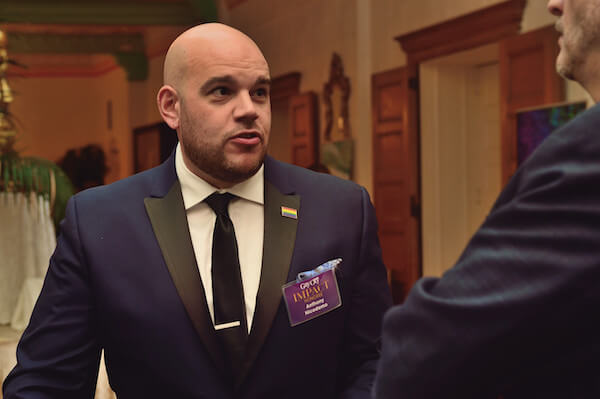Mayor Bill de Blasio has stopped waiting for the state to take the first step, and has started taking responsibility for his city’s needs, particularly on the homeless crisis.
His announcement that the city would create 15,000 units of supportive housing in the next 15 years was a bold move — one that could help thousands of homeless New Yorkers who need places to live and services like counseling, job training and health care. The mayor is putting in $1 billion of city money, plus $1.6 billion of private funding, to cover the costs.
It took too long for de Blasio to address the problem. But he did. Now he has to show he can manage it, despite state officials’ claims to the contrary. And it’s time for Gov. Andrew Cuomo to match — or, dare we say, surpass — de Blasio’s effort.
Supportive housing is usually part of a state and city partnership called the New York/New York agreement that began in 1990. In the three previous versions of the deal, the state paid 80 percent of the bill, creating thousands of housing units. This year, Albany offered to pay just 50 percent, and the city and state never agreed on the number of units, or how much each side would put in.
Albany officials say Cuomo will address homelessness in the State of the State address in January, but those in need have waited too long already. De Blasio stepped up, but that doesn’t absolve Cuomo of his responsibility. If de Blasio is willing to create 15,000 units over 15 years, the governor should, at the minimum, match the mayor’s effort, offering another 15,000 units at the state’s expense or combined with new private funds over the same time period.
NYC will target the new supportive housing for homeless families whose heads of households suffer from mental illness, substance abuse or significant medical problems, along with single adults with similar difficulties, veterans, domestic-violence survivors and others at risk.
The housing, paired with critical medical, employment and counseling services, is only part of the solution, but it’s key. De Blasio took the lead, but this isn’t something the city should do alone. The state must come on board.
